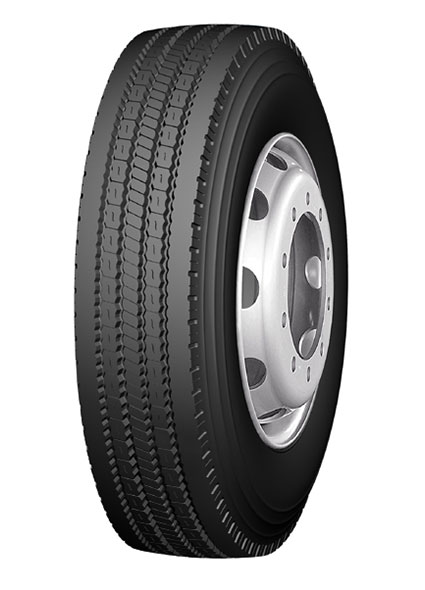> News > Company News > The Difference Between Hybrid & Conventional Tires
Company News
When it comes to selecting the right tires for your vehicle, understanding the differences between hybrid tires and conventional tires is essential. Both options have distinct materials, performance characteristics, and advantages depending on driving habits and environmental conditions. At LONGMARCH, we are committed to helping drivers make informed decisions by offering high-performance tire solutions built for real-world driving.
Conventional tires are typically manufactured using a combination of synthetic and natural rubber, steel belts, and reinforcement materials. These tires feature tread patterns that are engineered for versatility, offering reliable traction on dry roads, wet surfaces, and even light snow or icy conditions. Due to their proven durability and lower production costs, conventional tires remain a popular choice for daily drivers and commercial fleets alike.

Hybrid tires incorporate a mix of natural and synthetic rubber, but often go a step further by adding carbon fiber and lightweight composite materials. This advanced construction reduces rolling resistance while maintaining adequate strength, making hybrid tires an ideal choice for drivers looking to improve fuel efficiency without compromising on safety and performance.
Enhanced fuel efficiency – Lower rolling resistance helps vehicles consume less fuel over time.
Quiet and smooth ride – Hybrid tires are designed to minimize road noise and vibrations.
Environmental advantages – Many hybrid tires are developed with sustainability in mind, using eco-friendly materials.
Better comfort – The softer compound and lightweight design improve overall ride comfort, especially on long trips.
Although hybrid tires may have a higher initial cost, they often deliver long-term value through reduced fuel expenses and enhanced ride quality. For environmentally conscious or long-distance drivers, these benefits are especially appealing.
Longer tread life – Thanks to their use of more durable synthetic rubber compounds.
Cost-effective – Conventional tires are generally more affordable upfront compared to hybrid alternatives.
Reliable performance – Well-suited for a wide range of driving conditions, especially with regular maintenance.
Wider availability – Easier to find in standard sizes and compatible with most vehicles.
While conventional tires may not offer the same level of fuel savings as hybrid models, their robust construction and affordability make them an excellent option for commercial vehicles, delivery fleets, and everyday drivers.
Choosing between hybrid and conventional tires depends on your driving environment, mileage needs, performance preferences, and budget. Ask yourself the following:
Do you drive mostly in cities, on highways, or mixed routes?
Is fuel efficiency a priority for your daily commute?
Do you often face wet, snowy, or icy road conditions?
How long do you plan to keep the tires before replacing them?
If fuel efficiency and a quiet ride are your top concerns, hybrid tires may be the perfect solution. On the other hand, if you prioritize long-term durability and cost-effectiveness, conventional tires from LONGMARCH offer outstanding value.
LONGMARCH is a trusted manufacturer of high-performance tires designed for both commercial and personal vehicles. Our tire lineup includes robust conventional tires and innovative hybrid models that meet the highest industry standards for quality and safety.
Whether you need tires for long-distance transport, fuel-saving urban drives, or tough terrain, LONGMARCH delivers the right solution. Our tires are engineered to last, tested in real-world conditions, and backed by dedicated customer support.
If you're unsure which type of tire fits your needs best, the experts at LONGMARCH are here to help. Explore our full range of hybrid and conventional tires today, or contact our team for personalized recommendations.
Drive with confidence — choose LONGMARCH for reliable performance, innovative design, and long-term value.